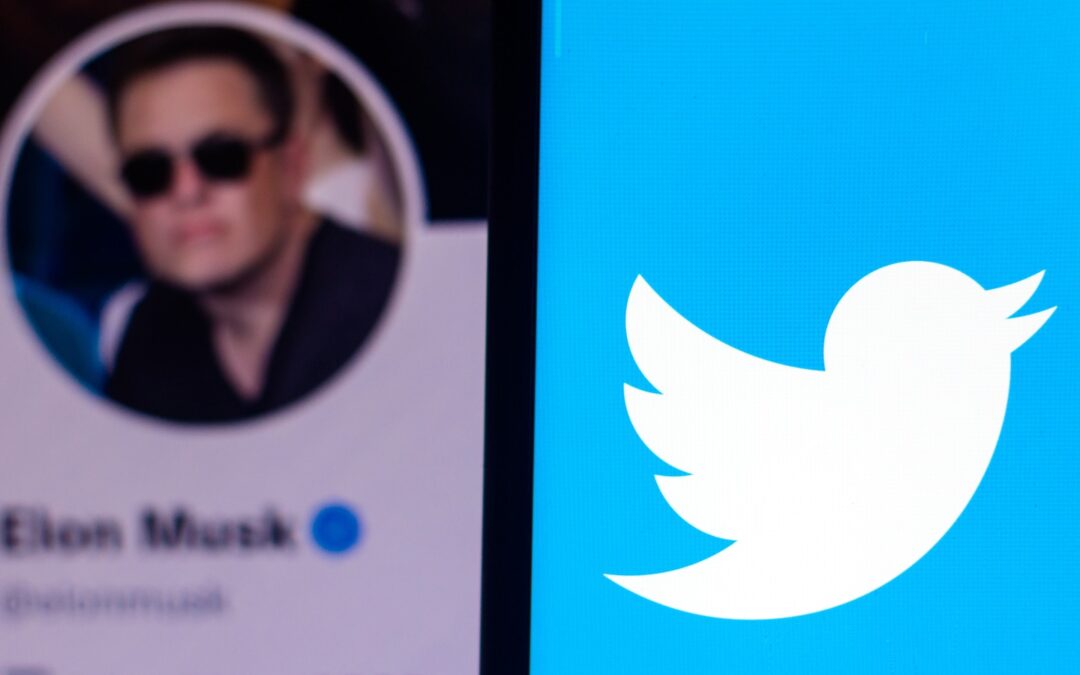According to eight people with knowledge of the talks who were not allowed to speak publicly, Twitter considered licensing music rights from three major labels before negotiations stalled following Elon Musk’s takeover of the company.
Twitter is one of the last major social media platforms that does not have music licensing agreements, allowing the sites to host virtually all publicly available audio content without fear of takedowns or legal repercussions. Facebook, Instagram, and TikTok have all entered into music licensing deals.
Twitter had avoided signing music rights agreements, which compel social media companies to compensate rights holders when users post or play music-related material. License fees differ, but for established social-media platforms, they can exceed $100 million per year. According to five former Twitter employees, the licensing agreements were canceled due to the high costs.

Mr. Musk and Twitter did not reply to an email requesting comment.
According to six people familiar with the talks, Twitter started talks with the three major music conglomerates — Universal, Sony, and Warner — in the fall of 2021. When Mr. Musk announced his intention to purchase the company last April, some music industry executives saw his involvement as a chance to ultimately close the deals.
“Twitter uses a significant amount of music but, unlike all other mainstream social media platforms, has refused to license that music or compensate songwriters,” said David Israelite, CEO of the National Music Publishers’ Association, in a tweet to Mr. Musk that month. “Please assist.”
Licensing agreements with Twitter would not only provide an extra source of revenue for music companies, but would also address long-standing issues with copyright infringement on the platform.

After Mr. Musk purchased Twitter for $44 billion in October, talks persisted as he toyed with the idea of competing with TikTok and resurrecting Vine, a once-popular short-video app that Twitter purchased in 2012 but shut down in 2016.
Mr. Musk’s team was intrigued by the idea of adding music to the platform, and his personal lawyer, Alex Spiro, who has also represented artists including Jay-Z and Megan Thee Stallion, held meetings to understand the status of the label negotiations and assess the costs, four people familiar with the internal discussions said.
Mr. Spiro departed Twitter in December after overseeing the company’s legal portfolio during Mr. Musk’s acquisition. This year, he effectively defended Mr. Musk in a Tesla shareholder lawsuit.
Six individuals said that the internal turmoil at Twitter following Mr. Musk’s takeover hampered the negotiations. According to four individuals briefed on the discussions, the business eliminated some of the people responsible for the music rights talks in several rounds of layoffs, leaving the labels with few surviving Twitter contacts.
Mr. Musk’s team has also reduced Twitter’s expenditures by hundreds of millions of dollars — missing office rent payments, shortchanging software vendors, and closing a data center — while demanding that every financial outlay be justified under new budgets. According to two sources, the business had little means to justify paying tens of millions of dollars to music rights holders with these mandates.
Download The Radiant App To Start Watching!
Web: Watch Now
LGTV™: Download
ROKU™: Download
XBox™: Download
Samsung TV™: Download
Amazon Fire TV™: Download
Android TV™: Download

